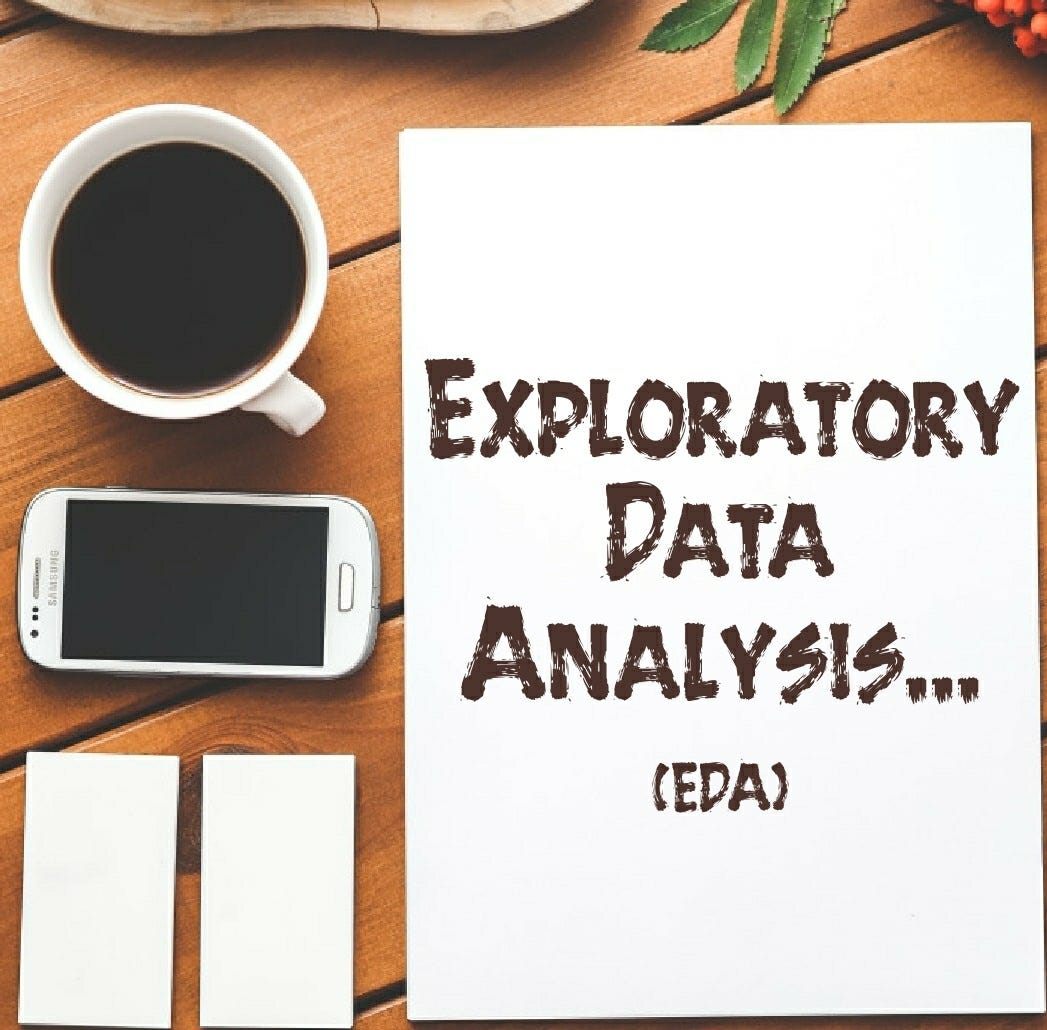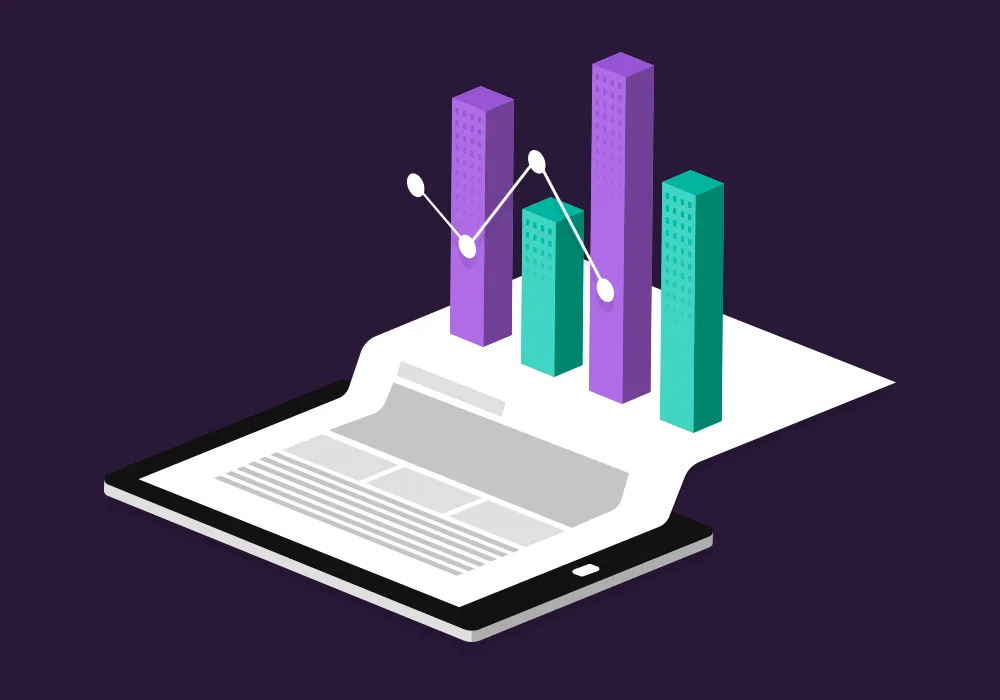Hi folks, welcome back to this edition of my blog, thank you so much for your love and support, I hope you all are doing well. Today we will learn and explore Exploratory Data Analysis(EDA) used in the data science life cycle.

This blog will cover topics in and around, What is EDA, the iterative cycle used for EDA, statistical tools we use for doing EDA, essential terms, what kind of questions one should ask around when he or she is dealing with this EDA process & finally we will understand variation and covariation that helps us play around EDA process. So guys, with all your enthusiasm, let us gear up and get started.
What is EDA?
It is a process that shows you or rather helps you to explore your data using visualization and transformation methodologies in a systematic way. It provides a suggestion for generating Hypotheses regarding data observation.
Let us see what google search engine say’s us about, What is EDA?
Technopedia defines EDA as :
Exploratory data analysis (EDA) is a term for certain kinds of initial analysis and findings done with data sets, usually early on in an analytical process. Some experts describe it as “taking a peek” at the data to understand more about what it represents and how to apply it.
_Source Link: _https://bit.ly/2QVKfwl
Data Decision Groups Author Dino Fire defines EDA as :
An Exploratory Data Analysis, or EDA, is an exhaustive look at existing data from current and historical surveys conducted by a company.
Source Link:https://bit.ly/2QMDxZc
And finally, Wikipedia defines EDA as :
In statistics, exploratory data analysis (EDA) is an approach to analyzing data sets to summarize their main characteristics, often with visual methods. A statistical model can be used or not, but primarily EDA is for seeing what the data can tell us beyond the formal modeling or hypothesis testing task. Exploratory data analysis was promoted by John Tukey to encourage statisticians to explore the data, and possibly formulate hypotheses that could lead to new data collection and experiments. EDA is different from initial data analysis (IDA), which focuses more narrowly on checking assumptions required for model fitting and hypothesis testing, and handling missing values and making transformations of variables as needed.
#data-science #science #technology #machine-learning #exploratory-data-analysis #data science
